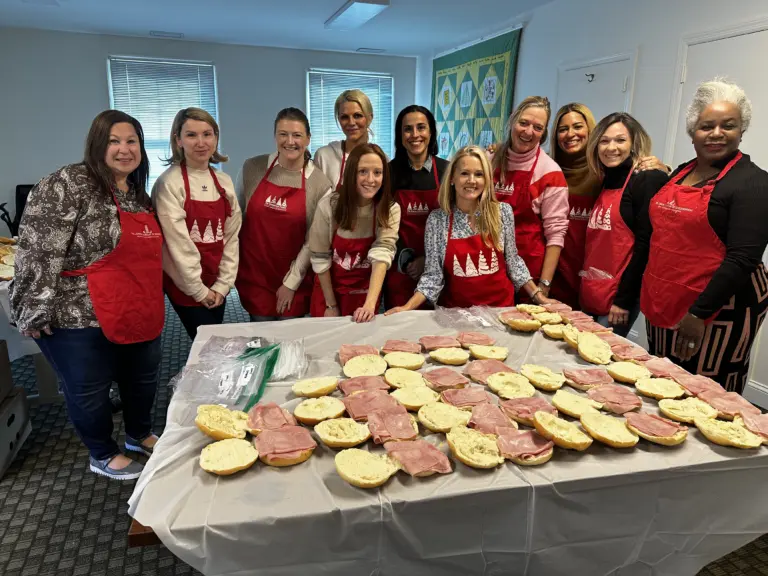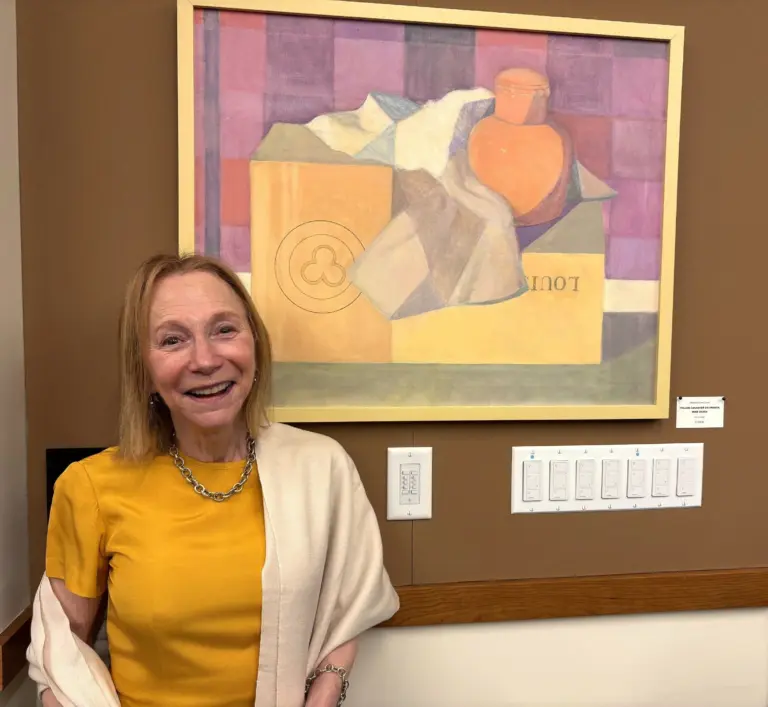By Anne White
With inboxes pinging across town this week, the Greenwich United Way officially launched its 2025 Needs Assessment, a comprehensive community survey aimed at mapping out which human services Greenwich residents believe are most needed—and how well the town is currently delivering them.
The seven-minute survey, developed in partnership with Fairfield University’s Center for Social Impact, arrives with some urgency.
Conducted every five years since 1981, the Greenwich United Way’s quinquennial Needs Assessment has become something of a civic ritual—less ceremonial than surgical. “The 2025 Greenwich United Way Needs Assessment is our blueprint to uncover the human services needs that we will address in the next few years,” said David Rabin, CEO of the Greenwich United Way. “The participation of Greenwich residents is greatly needed as survey responses help us determine where we focus our programs and funding to ensure Greenwich remains a premier place to live, work, raise a family and retire.”
Rabin’s emphasis on “premier” living is not mere branding. In a town where staggering wealth can be found just blocks away from deep need, the 2020 version of the assessment revealed a pressing demand for programs that previously had not broken through. Among its results: new scholarship funding for early education that now reaches more than 125 families annually; expanded visibility for SNAP benefits that connected 150 additional households to food assistance; and one of its crown achievements—helping to bring the Adolescent Intensive Outpatient Program (IOP) to Greenwich Hospital, which quietly opened last fall and began serving teens in January, able to help approximately 400 teens per year.
This year, Greenwich United Way has again enlisted the team at
Fairfield University to help crunch data and—critically—analyze disparities at the neighborhood level, not just town-wide.
“The mission of the Center for Social Impact is to connect the university’s knowledge and creativity with the expertise and vision of our community partners to address pressing local priorities,” said Melissa Quan, Director of the Fairfield University Center for Social Impact. “Faculty bring their scholarship to bear on real-world challenges, and students gain meaningful opportunities to apply their learning while deepening their understanding of civic responsibility and lifelong engagement.”
It’s a reciprocal partnership, she noted—and one that allows for the kind of nuance Greenwich requires.
Indeed, this survey’s structure deliberately accounts for the kind of contrasts Greenwich residents know well: a neighborhood with the highest average income in the state bordering one with the lowest in town. Broad averages don’t tell the story. The assessment aims to.
Still, survey fatigue is real, even in civic-minded towns. That’s why Rabin and the Greenwich United Way are making a direct appeal: check your email, click the link, and take a few minutes to answer honestly. Responses are anonymous, but their implications won’t be.
“Our mission is to uncover unmet health, education and self-sufficiency needs, raise awareness and support, and together with community partners, deliver lasting results,” Rabin said. “A thorough, diverse Needs Assessment is integral to honing our focus and successfully addressing the town’s most critical needs.”
The pandemic-era 2020 survey was perhaps the most revealing to date—conducted under extreme uncertainty, but within what Rabin referred to as “a community with fiscal resources and social capital that can be brought to bear.”
What will emerge this time is unclear. But the goal remains the same: lasting, locally-rooted solutions that reflect what Greenwich residents actually say they need.
The survey is now live at https://fairfield.iad1.qualtrics.com/jfe/form/SV_5bf6OraQiX4IA3I, and the United Way hopes to hear from as many households as possible.
The survey deadline is not set in stone, rather it will be completed once the number of respondents make it statistically valid. “That’s important,” explains Rabin, “as we are very data driven and strive for the most accurate data to inform our needs assessment process.”




